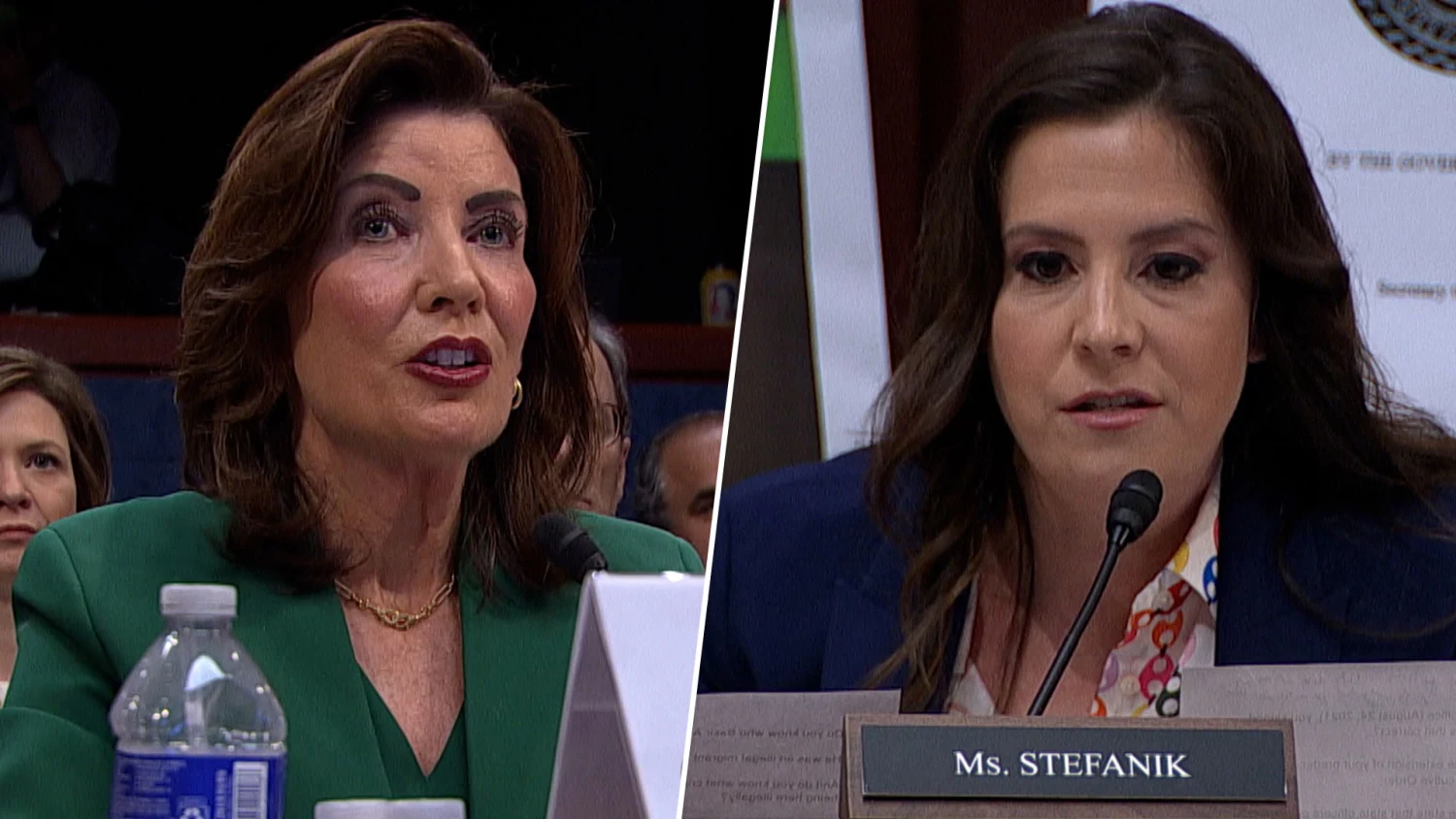By HP Wilder | The Watertown Post
Today is Juneteenth—a day that commemorates the end of slavery in the United States, when news of emancipation finally reached the last enslaved Black Americans in Galveston, Texas on June 19, 1865. It’s a powerful reminder of what this country was, what it became, and what it still struggles to be.
And yet, in 2025, there’s a strange irony playing out in real-time. The same political party that drapes itself in the language of equality and reparations for slavery is also the one that casually shrugs, “Well, who’s gonna pick our vegetables and clean our hotel rooms if we don’t allow illegal immigration?”
Yes. That’s really the line. Out loud. Often.
Let’s break this down. The left claims to stand with the oppressed. But when it comes to immigration policy, suddenly they’re the ones suggesting we need a permanent underclass of low-wage laborers—so long as they’re undocumented, desperate, and don’t ask too many questions.
It’s a twisted version of the same old story: importing people for labor, exploiting them under the guise of compassion, then patting themselves on the back for being the “inclusive” ones.
Does that sound like progress?
We hear this every election cycle, especially in border states, but it echoes all the way up here in Northern New York. From the lettuce fields in California to the orchards in upstate, or the motels along I-81, there’s always some politician wringing their hands about who’s going to scrub the sheets or bus the tables.
They never say, “Let’s raise wages so Americans want the job.”
They never say, “Let’s create work programs that reward legal migration.”
They never say, “Let’s stop exploiting desperate people.”
Nope. They just default to, “Who’s gonna do the work?”
Imagine if someone said that about former slaves back in 1865. “But who’s going to harvest the cotton?” That’s exactly what they did say. And they were wrong then, just like they are now.
Juneteenth is not just a holiday—it’s a milestone in the long road toward freedom, autonomy, and human dignity. It was never about replacing one form of servitude with another. And it sure as hell wasn’t about outsourcing low-wage labor to those with no voice, no legal protection, and no seat at the table.
So today, while we celebrate emancipation, let’s also shine a light on those quietly pushing a modern form of economic bondage—under the friendly branding of “immigration reform” and “inclusive policy.”
Slavery didn’t end in 1865 because people wanted cheap labor. It ended because enough people finally said, This is wrong.
Maybe it’s time we say that again.
—
HP Wilder
Editor-in-Chief, The Watertown Post


